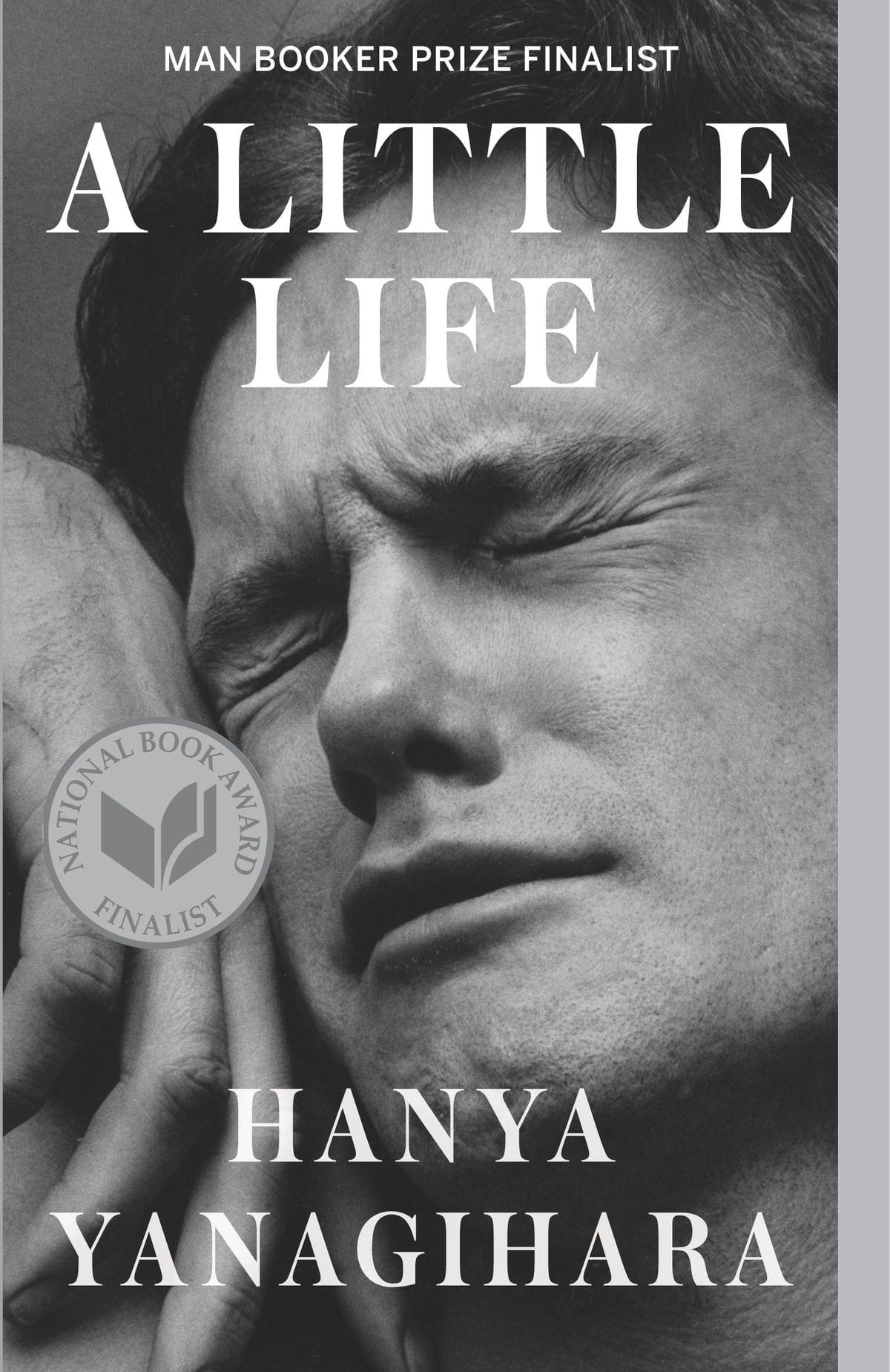I’ve recently gotten into the habit of looking authors up online - what I mean by that is, looking up how they really speak and behave in real life (interviews are better, it’s more difficult to gauge how someone is by the way they speak to a crowd; public speaking is quite difficult).
strangely, there aren’t a lot of videos of authors, even if they’ve sold rights to movies, plays, and the like - that’s not always the case, but common: you’d be much more likely to find a clip on the actors and actresses of - let’s say, Gossip Girl (it was a book series first) or The Hunger Games, than the actual author themselves.
it’s a non-issue, really, but I’ve recently picked up A Little Life from the library, and out of curiosity, youtube’d the author Hanya Yanagihara, and I was so impressed by the way she spoke, she’s so eloquent, so thoughtful, so cool.
*I was listening to her talk in the car, and was astounded by this idea: she wanted to watch her friends have sex (I thought this was absolutely hilarious, I really laughed out loud, she’s so - I can’t even find the right word!; not thinking of perverted, the way she framed it made it seem like she was just intellectually curious).
in another interview, she explains a fight that she had with her editor, who had thought the main character, ‘Jude, was too talented, that he had too much in his life, that he had too many privileges,’ - but her argument back to him was ‘that you can have as many talents as you want, but the talents that you need - which are the rights and ways to be angry, to express anger, to be entitled, to demand that life offer more to you, are things he doesn’t have’.
this is how she really speaks, by the way (I’ve watched four one-hour-long interviews of her, she probably prepped for them, but still, I’m so impressed).
a voice
even though there’s a slight difference between her writing and speaking, her voice is the same - it reminds me of what Michael Lewis explains when describing the way he writes: ‘there’s no one rule about literary voices... it just so happens that my voice sounds a lot like my voice when I’m talking to you. There are plenty of literary voices that don’t sound like anything like the person you know talking’ (this makes a lot of sense, I can’t quite imagine someone saying, “Perhaps the opposite was true, that I’d been hiding behind the things I wrote, using them to obscure a secret lack, a deficiency I’d hidden from others all my life and, by writing, had kept, even, from myself.” - Nicole Krauss, Great House). incongruences, or inconsistencies, in how one speaks and writes are common in real life, too.
the question
I’m fascinated by her because this is a question I’ve been struggling to answer - is a person who they are because of the way they speak, or the way they write (this includes texting, emailing, and the like)?
and I think studying her, studying one of the best authors of our generation, has revealed that perhaps it’s talking, not simply texting or emailing, can we understand who someone is.
there’s really nothing that replaces real-time, real-life interactions (chatting virtually counts, too) - it’s probably less exciting, on some level, but you can see what they’re like - texting or emailing should probably, one could argue, be more of a tool to get to real-time interaction, rather than be an end in itself.
as a side note: my dad’s texting mannerisms have always been the same, in which he’d text ‘Ok’, ‘Yes’, ‘No’, or short technical messages that address where and when we should meet, it’s almost always in broken English; he always calls, though, he tells funny stories.
also, as a disclaimer: this doesn’t take into account texting etiquette (which Aziz Ansari can probably address better), this is merely an exercise comparing real and non-real time interactions.
writing makes you a better speaker
sometimes, when we speak, we don’t express ourselves the way we want to and I think it might be because we, as a population, don’t write enough: growing up, my dad used to call me a lot after school (this is when I was in upper primary, probably around the second or third grade) - he’d ask me questions like, ‘how was school?’ or ‘what’s your brother doing?’ in which I’d give one-word responses to: ‘fine’, ‘nothing’; I think I’ve gotten better at describing things over time.
& reading makes you a better writer
we become better writers when we read - we are more in touch with the possibilities of who we could be when we see characters laid out for us in text. it’s a pity we don’t read more, but if you really have to read only one book for the next ten years, this is it.
an important note
immediately after reading A Little Life (and bawling towards the end, too), I started reading it again (but caught myself, I think I just need to express How Amazing This Book Really Is).



loved this post!
i agree that hearing someone talk can give more insight into who they are, because a persons voice and intonation can change their storytelling. writing is a forcing function to become a more clear thinker, which is why writers probably also are more effective speakers?